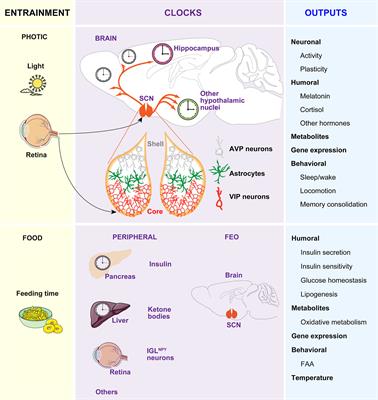ORIGINAL RESEARCH
Published on 14 Dec 2021
Altered Cortisol Metabolism Increases Nocturnal Cortisol Bioavailability in Prepubertal Children With Type 1 Diabetes Mellitus
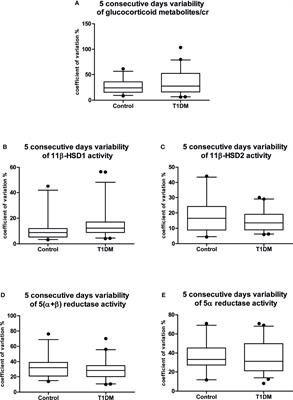
doi 10.3389/fendo.2021.742669
- 2,194 views
- 8 citations
17k
Total downloads
58k
Total views and downloads
ORIGINAL RESEARCH
Published on 14 Dec 2021

ORIGINAL RESEARCH
Published on 18 Nov 2021
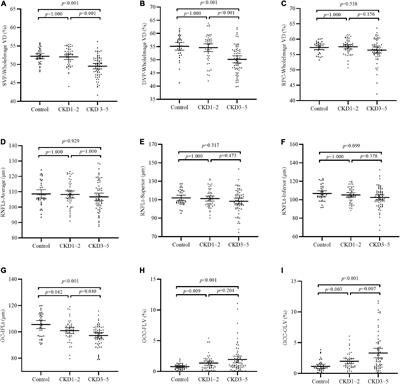
SYSTEMATIC REVIEW
Published on 07 Jun 2021
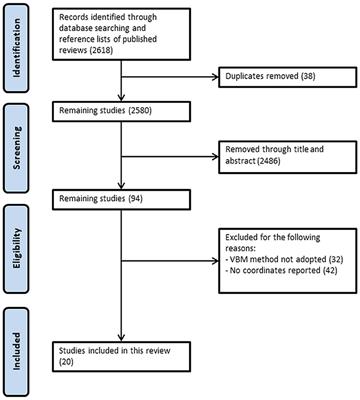
ORIGINAL RESEARCH
Published on 02 Jun 2021
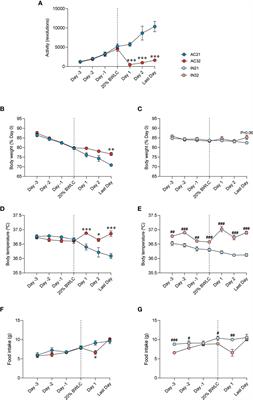
REVIEW
Published on 27 May 2021
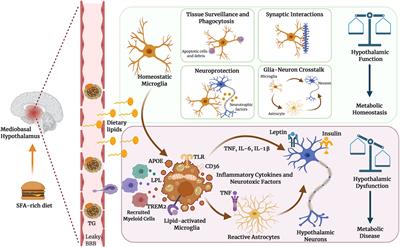
ORIGINAL RESEARCH
Published on 26 May 2021

SYSTEMATIC REVIEW
Published on 03 May 2021

ORIGINAL RESEARCH
Published on 30 Apr 2021

ORIGINAL RESEARCH
Published on 31 Mar 2021

MINI REVIEW
Published on 31 Mar 2021
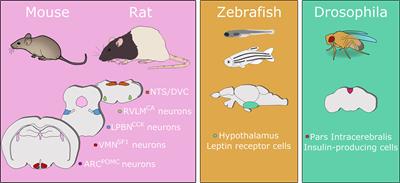
REVIEW
Published on 18 Mar 2021
